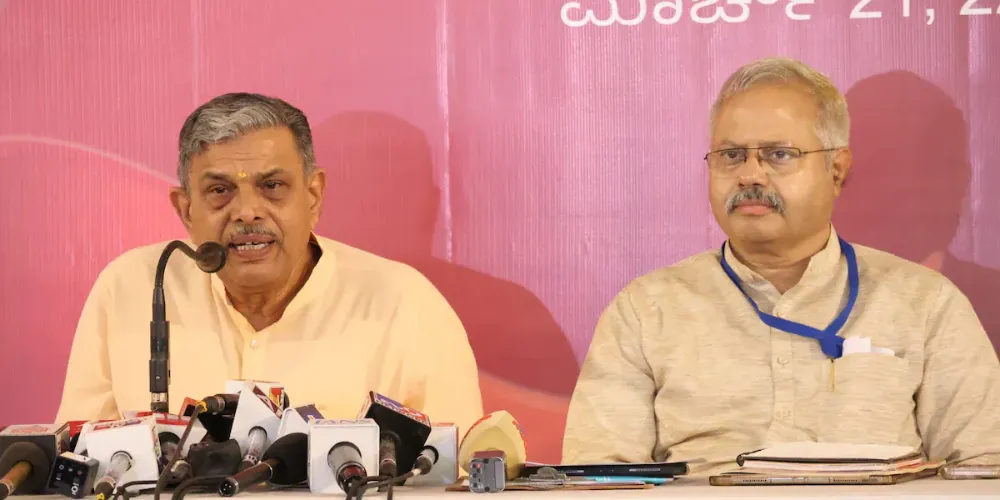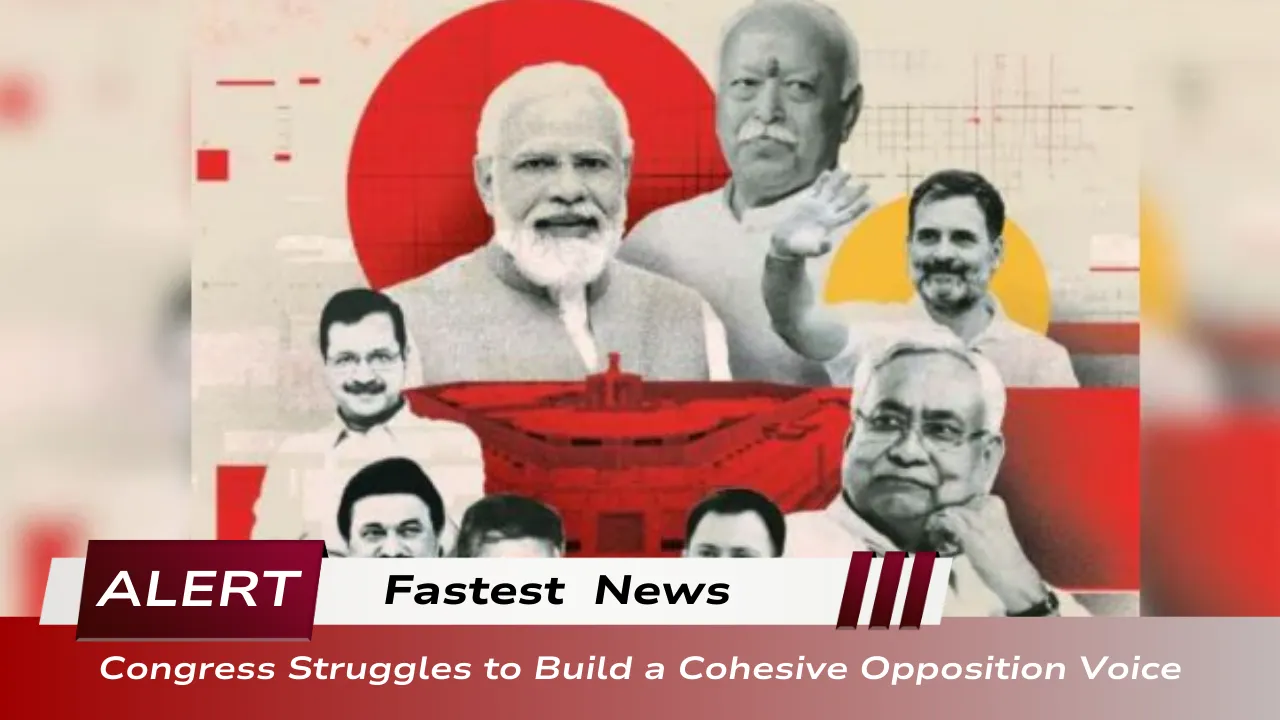Introduction
The Rashtriya Swayamsevak Sangh (RSS) has voiced strong opposition to religion-based reservations, stating that such quotas go against the principles of the Indian Constitution. This statement has reignited a debate over the role of religion in affirmative action and whether quotas should be based solely on social and economic criteria. The RSS’s stance aligns with its long-standing ideological position on preserving social harmony while opposing religion-specific benefits.
RSS’s Argument Against Religion-Based Quotas
The RSS argues that reservations should focus on uplifting socially and economically disadvantaged groups rather than being allocated on religious grounds. According to the organization, the Indian Constitution does not explicitly allow for religion-based quotas, emphasizing caste and social backwardness as the primary criteria for affirmative action.
RSS leaders believe that providing reservations based on religion could create divisions within society and disrupt social cohesion. They argue that such policies may lead to appeasement politics, where certain religious groups receive preferential treatment at the cost of others. The organization advocates for a unified approach that prioritizes underprivileged individuals regardless of their religious background.
Legal and Constitutional Interpretation
The Indian Constitution provides for reservations under Articles 15(4) and 16(4), which allow the state to make special provisions for socially and educationally backward classes and Scheduled Castes and Tribes. However, it does not explicitly mention religion-based quotas. The Supreme Court has also ruled in the past that reservations must be grounded in social and educational backwardness rather than religious identity.
The RSS cites these constitutional principles to reinforce its position. It argues that any attempt to introduce religion-based quotas undermines the foundational idea of equal opportunity. The organization supports extending benefits to economically weaker sections (EWS) across all communities but remains firm against providing quotas solely based on religious affiliation.

Political and Social Implications
The RSS’s statement holds significant political implications, especially in the context of debates on minority rights and social justice. Critics argue that religion-based quotas are essential to address historical injustices faced by religious minorities. They believe that excluding these groups from affirmative action could further marginalize them and limit their access to education and employment opportunities.
On the other hand, the RSS and its affiliates argue that religion-based quotas can foster identity politics and deepen social divisions. The organization’s position may influence the government’s policy decisions and shape public discourse around affirmative action. This debate reflects a larger ideological clash between the principles of secularism and the need for targeted social welfare.
Conclusion
The RSS’s opposition to religion-based quotas, grounded in its interpretation of the Indian Constitution, has sparked fresh debate on the nature of affirmative action. While the organization emphasizes the need to focus on social and economic backwardness, others argue for the inclusion of religious minorities to ensure true social justice. As the conversation continues, the future of reservation policies in India remains a complex and contested issue with wide-ranging implications for social equity and national unity.



